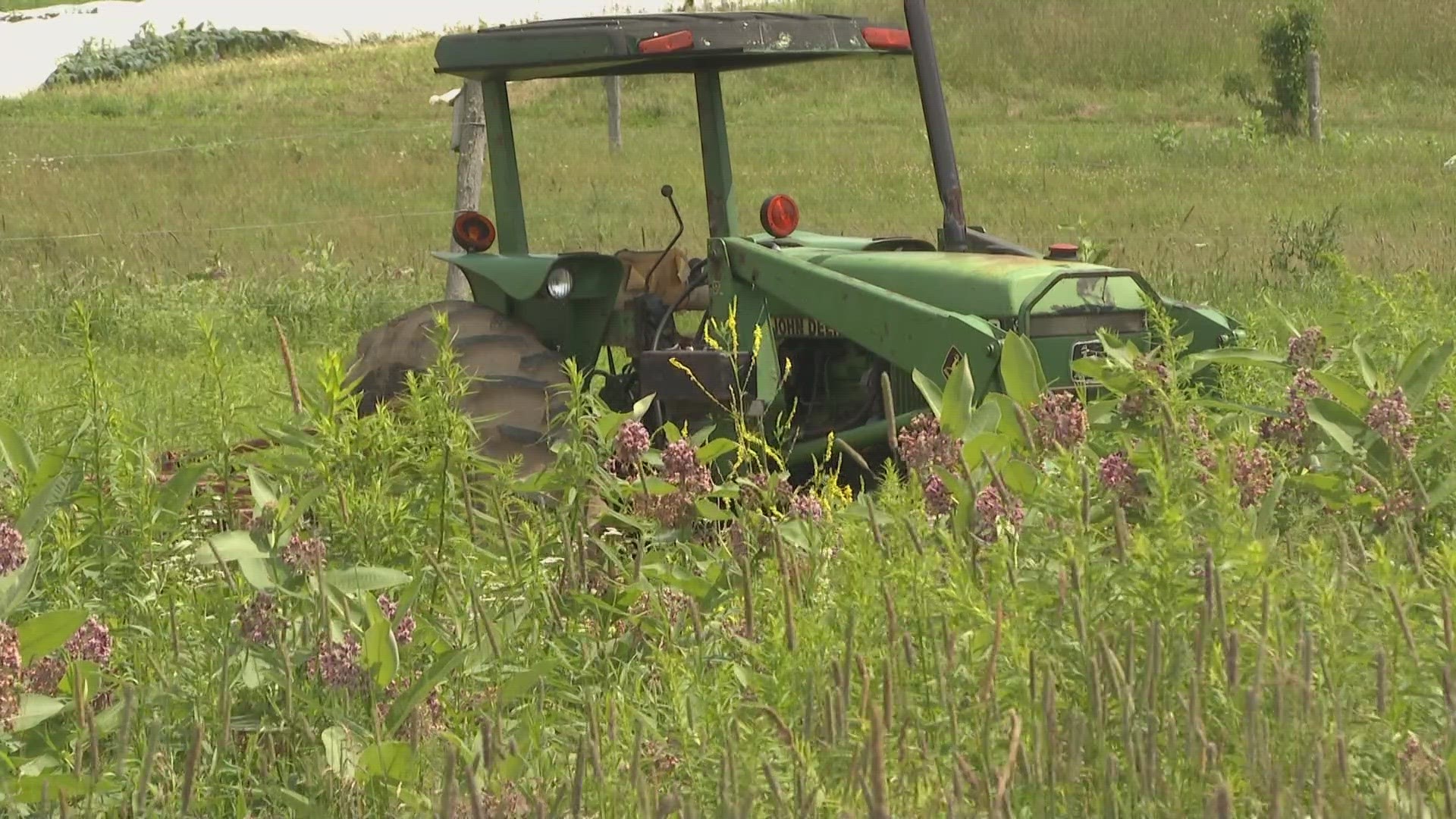AUGUSTA, Maine — The state has taken a step toward better understanding the reach of PFAS in Maine and a step toward compensating Mainers forever impacted by the chemicals.
On Tuesday, the state's PFAS fund advisory committee announced it approved a plan for administering funds to address contamination and those impacted.
PFAS, also known as per- and polyfluoroalkyl substances, are "forever chemicals" found in consumer, commercial, and industrial products that break down very slowly in the environment, according to the Environmental Protection Agency website. The EPA also said PFAS may be linked to harmful health effects in humans.
Beth Valentine leads the state's PFAS fund, which was just approved to administer some $60 million in funds to help farmers work previously contaminated land, to buy farmland—at full market value—that has become unusable, cover medical costs for things like blood tests, mental health, and monitoring, but not outright treatment, and continue research into where PFAS remains and how to live with it.
"To what degree do various crops take up the PFAS? What can safely be grown in contaminated soil? How can you effectively depurate a dairy cow, for example," Valentine explained.
NEWS CENTER Maine has revisited Adam Nordell periodically, as his family lost their Unity farm to the forever chemicals. He's since thrown himself into policy advocacy and education, working for the organization Defend Our Health. He believes while checks are yet to be cut and bodies will take decades to heal, Maine is still doing work on a level no other state is doing.
"While I'm terribly, terribly unlucky that my farm was contaminated with PFAS; that I'm gonna be living with PFAS exposure, in all likelihood, for the next 30 years; the fact that that happened in Maine is extraordinary lucky for me and my family," Nordell said.
Valentine hopes her office can begin accepting applications for compensation before the end of the year.

